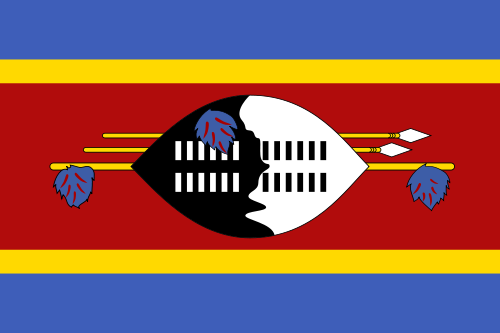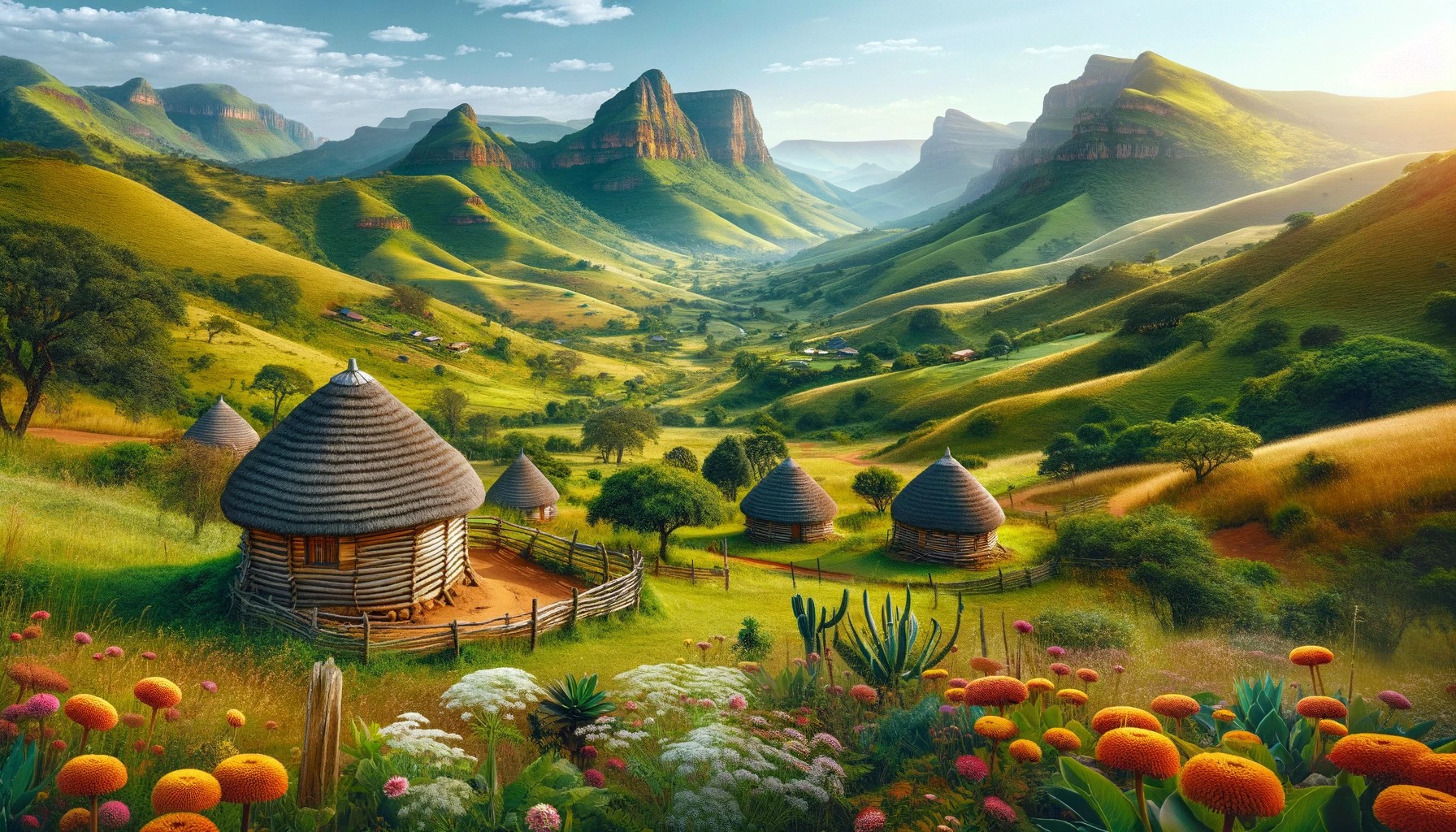Eswatini (formerly known as Swaziland) is a country with a unique blend of traditional monarchy and modern development. Despite facing economic and social challenges, it holds a rich cultural heritage and natural beauty, making it a unique destination in Southern Africa.
List of Public and National holidays for Eswatin (Swaziland) in Africa for the year 2025
- New Year’s Day is on Wednesday, 1st January 2025.
- Martyrs’ Day is on Saturday, 4th January 2025.
- Heroes’ Day (Laurent Kabila) is on Thursday, 16th January 2025.
- Heroes’ Day (Patrice Lumumba) is on Friday, 17th January 2025.
- Kimbangu Day is on Sunday, 6th April 2025.
- Labour Day is on Thursday, 1st May 2025.
- Liberation Day is on Saturday, 17th May 2025.
- Independence Day is on Monday, 30th June 2025.
- Parents’ Day is on Friday, 1st August 2025.
- Christmas Day is on Thursday, 25th December 2025.
List of Public and National holidays for Eswatin (Swaziland) in Africa for the year 2024
- New Year’s Day: Monday, 1 January 2024
- Good Friday: Friday, 29 March 2024
- Easter Monday: Monday, 1 April 2024
- King’s Birthday: Friday, 19 April 2024
- National Flag Day: Thursday, 25 April 2024
- Workers’ Day: Wednesday, 1 May 2024
- Ascension Day: Thursday, 9 May 2024
- King Father’s Birthday: Monday, 22 July 2024
- Umhlanga: Monday, 2 September 2024
- Somhlolo Day: Friday, 6 September 2024
- Incwala Day: Wednesday, 18 December 2024
- Christmas Day: Wednesday, 25 December 2024
- Boxing Day: Thursday, 26 December 2024

History
- Early History: Inhabited by ancestors of the Nguni people, a subgroup of the Bantu-speaking peoples, who migrated to southern Africa.
- Formation of the Kingdom: Established as a kingdom in the mid-18th century by King Ngwane III and further consolidated under King Sobhuza I.
- Colonial Era: Became a British protectorate in the late 19th century.
- Independence: Gained independence from British rule in 1968, becoming the Kingdom of Swaziland, and recently renamed the Kingdom of Eswatini in 2018.
Geography
- Location: A small, landlocked country in Southern Africa, bordered by South Africa and Mozambique.
- Landscape: Characterized by mountainous and hilly terrain, with some savannah and rainforest areas. The country is divided into four geographical regions: Highveld, Middleveld, Lowveld, and Lubombo Plateau.
- Climate: Varies from tropical to near temperate, depending on the altitude.
Culture
- Rich Traditions: Eswatini has a rich cultural heritage deeply rooted in its ethnic and historical traditions, with the monarchy playing a central role.
- Festivals and Ceremonies: Notable for vibrant cultural festivals like the Umhlanga (Reed Dance) and Incwala, the Kingship Dance.
- Arts and Crafts: Known for its skilled craftsmanship in beadwork, basketry, and other traditional arts.
Economy
- Agriculture-Based: Agriculture is a key part of the economy, with sugarcane, citrus fruits, and livestock being significant contributors.
- Challenges and Development: Faces economic challenges including poverty, unemployment, and reliance on South Africa. Efforts are being made to diversify the economy and develop sectors like tourism and mining.
- Foreign Investment and Aid: Relies on foreign investment and aid, with a focus on improving infrastructure and social services.
Society
- Population: Composed predominantly of the Swazi ethnic group, with Nguni and Sotho minorities.
- Education and Healthcare: The government prioritizes education and healthcare, though both sectors face challenges such as resource limitations and access disparities.
- Languages: siSwati and English are the official languages.
Government and Monarchy
- Monarchical System: One of the few remaining absolute monarchies in the world. The King holds substantial power over national affairs.
- Traditional Structures: The traditional Tinkhundla system, where chiefs govern designated regions, plays a significant role in the country’s administration.
Environmental Conservation
- Natural Resources and Wildlife: Rich in biodiversity with several wildlife reserves and parks, including Hlane Royal National Park and Mlilwane Wildlife Sanctuary.
- Conservation Efforts: Commitment to environmental conservation and sustainable tourism, with efforts to preserve its natural heritage and wildlife.
Tourism
- Tourist Attractions: Offers a range of attractions from wildlife viewing and trekking in the Lubombo mountains to cultural experiences in Swazi villages.
- Cultural Tourism: The rich cultural heritage and traditional ceremonies of Eswatini are major draws for tourists.
Challenges and Future Outlook
- Economic Growth: Focused on economic diversification, improving trade, and enhancing agricultural productivity.
- Social Issues: Addressing social issues like poverty, healthcare, and the impact of HIV/AIDS.
- Sustainable Development: Working towards sustainable development, balancing economic growth with environmental conservation.
In summary,

